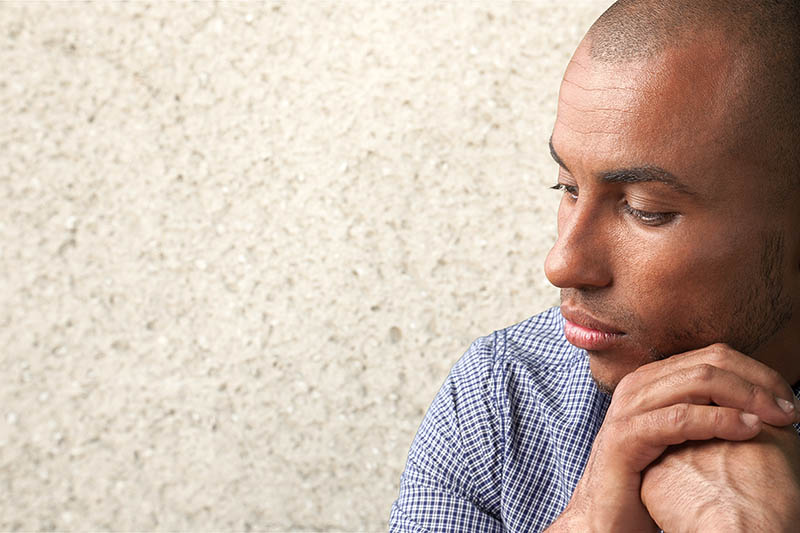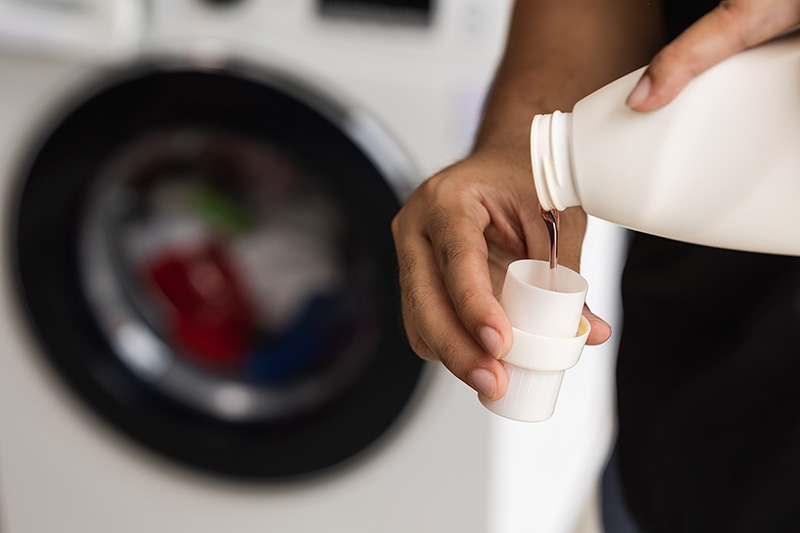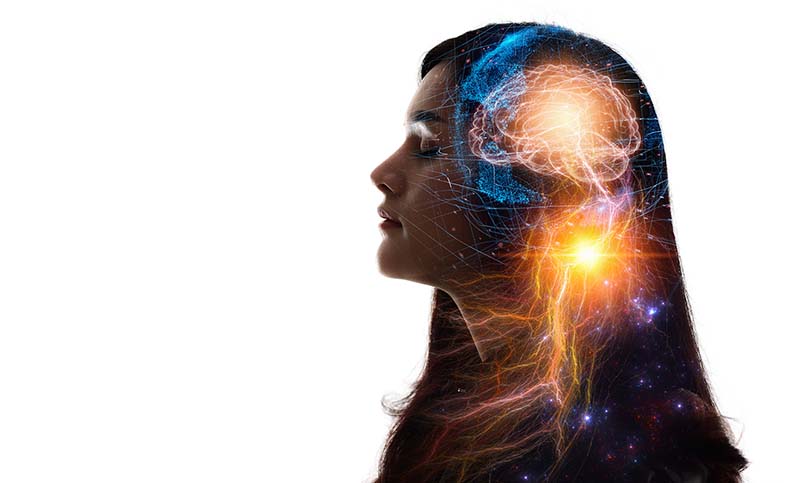Mental Health Ups and Downs for Men
Learn more about the mental health stigma men face and ways to improve it.

Many people have sought out the resources they need to improve and maintain their mental health, which has impacted their lives for the better. However, one group of the population still tends to fall behind when it comes to mental health: men.
Mental health stigma
Mental health is a serious concern. However, men face challenges that prevent them from seeking treatment. Stigma, or a negative attitude toward something, still exists around men and mental health. Some men mistakenly believe that treatment for mental health struggles isn’t necessary or important, which means they’re less likely to seek treatment.
Men may also face the stereotypes associated with traditional gender roles when managing mental health problems. Some men feel that seeking help for mental health challenges is a weakness.
It’s important to understand that many of the mental struggles humans experience are just as valid and critical as physical health challenges. As with other health concerns, the same approach should be applied to your mental health needs.
When dealing with mental struggles, men are up to three times as likely as women to misuse drugs or abuse alcohol. Suicide and depression are ranked among the leading causes of death for men.
Data presented by the American Foundation for Suicide Prevention showed that men died by suicide at a rate that was 3.63% higher than women in 2019. More than 6 million men suffer from depression annually. And of those who experience depression, only about a third seek treatment from a mental health professional.
Symptoms of mental health disorders
Two of the most common mental health disorders are anxiety and depression. Some symptoms of anxiety include:
- Excessive worrying
- Difficulty sleeping
- Fatigue or exhaustion
- Restlessness
- Trouble concentrating
- Tension
- Irritability
- Sweating
- Increased heart rate
- Shaking and trembling
- Shortness of breath
- Chest pain
Symptoms of depression include:
- Feeling sad or empty
- Feeling guilty or helpless
- Feeling hopeless
- Irritability
- Loss of interest in activities
- Lack of energy
- Trouble concentrating
- Changes in sleep patterns or habits
- Changes in appetite
- Body aches and pains
Other mental health conditions that can present in both men and women include Attention Deficit Disorder (ADD) and Attention Deficit Hyperactivity Disorder (ADHD), bipolar disorder, and post-traumatic stress disorder. Men may also experience mental illness differently than women, turning to Substance Use Disorder and becoming antisocial.
Simple ways to overcome anxiety and depression
If you experience any of the symptoms of these conditions, you are not alone. Here are several ways to reduce anxiety and depression and help shake the negative mindset:
- Get out and exercise as it releases dopamine and serotonin to boost your mood.
- Schedule time in your day to relax, meditate, and journal.
- Pet an animal.
- Take time to just breathe and count to ten slowly.
- Don’t be afraid to laugh.
- Take a mental health day to focus on yourself.
Related: 9 Ways to Help a Loved One Cope with a Mental Illness
Seek help
Help is available, and sometimes talking may be the best way to relieve the pressures of anxiety and depression. Start by talking to your healthcare provider about what you are experiencing, so you can get guidance on how to improve your mental health.
Related: Men! Ask These Questions to Improve Your Health







